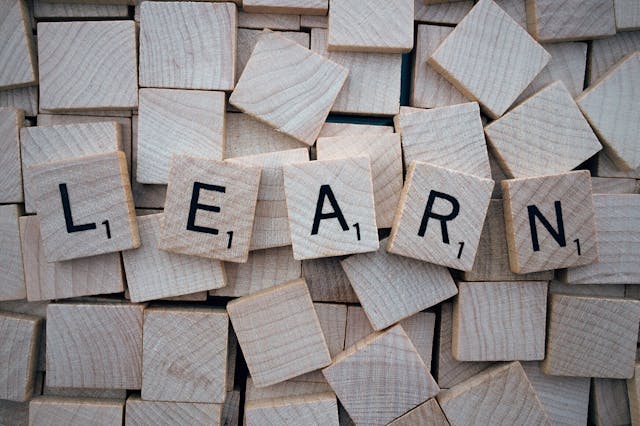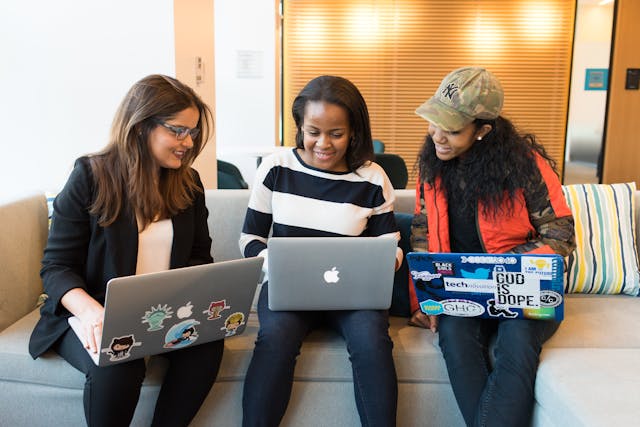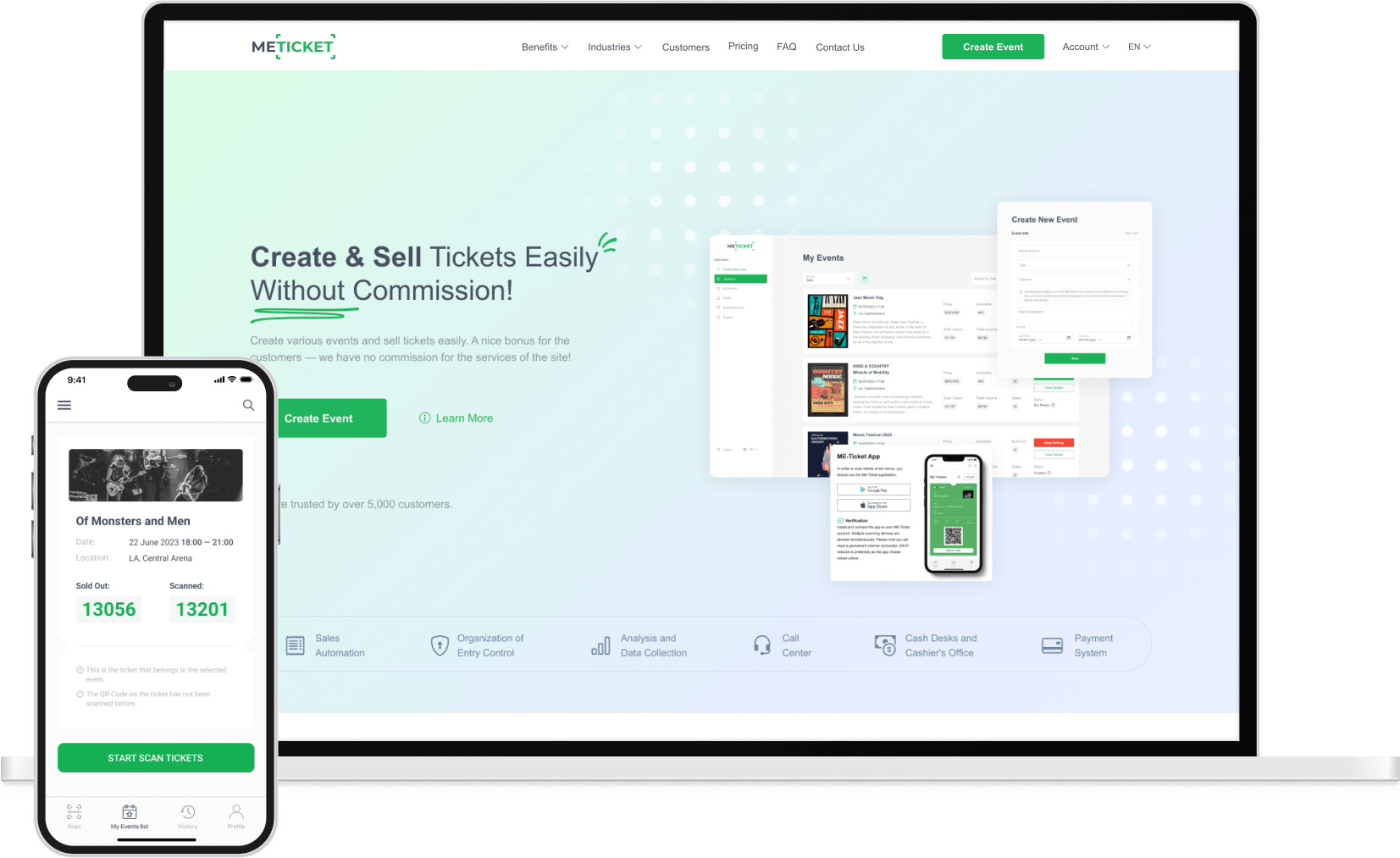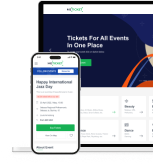Lifelong Learning Isn’t a Buzzword—It’s a Survival Skill in the AI Era
We often hear the phrase “lifelong learning” thrown around in job interviews, company training sessions, or motivational posts. But in today’s rapidly changing world—especially with artificial intelligence (AI) transforming how we live and work—lifelong learning has gone from a nice-to-have to a must-have.
Here’s why constantly learning new things is essential, and how you can embrace it to stay ahead.

The World Is Changing—Fast
Technology evolves faster than ever. Tools you mastered a year ago might already be outdated. Entire industries are being reshaped by AI and automation. Jobs are disappearing, and new ones are popping up just as quickly.
According to recent studies:
- More than 40% of workers will need to reskill in the next few years.
- AI is expected to impact nearly every job, from law and healthcare to marketing and customer service.
To keep up, we can’t rely on what we learned in school or even last year. We need to be learning all the time.
What Lifelong Learning Really Means
Lifelong learning is more than just formal education. It’s about developing a mindset of curiosity and adaptability. It means:
- Trying new skills
- Updating old ones
- Staying curious
- Embracing change instead of fearing it
It’s about always asking, “What’s next?” and “How can I get better?”
And it doesn’t mean going back to college full time. Podcasts, online courses, YouTube tutorials, books, workshops, and peer groups all count.
Why AI Makes Learning More Important, Not Less
Some people worry that AI will replace human workers. And yes, some tasks are being automated. But AI also opens up new opportunities—for those ready to learn.
Here’s how lifelong learners can thrive in the AI era:
- Human skills matter more. Creativity, emotional intelligence, leadership, and critical thinking can’t be replaced by a machine.
- New tools require new skills. From AI-powered design tools to smart data platforms, workers need to learn how to use them.
- Jobs are evolving. A marketing job today might involve writing AI prompts. An accountant might analyze AI-generated reports. Change is constant—and learners stay relevant.
Real-World Examples of Lifelong Learning at Work
- A teacher learns to use AI tools to personalize lessons and better support students.
- A graphic designer takes a course on prompt engineering to use AI art tools effectively.
- A business owner learns how to automate tasks like scheduling, billing, and customer support.
In each case, the learner gains an edge—not because they avoided technology, but because they grew with it.

How to Become a Lifelong Learner
You don’t need to be a genius or have endless free time to keep learning. Here are a few easy ways to start:
1. Make Learning a Habit
Set aside 15–30 minutes a day to read, watch, or listen to something educational. Consistency beats intensity.
2. Learn What Interests You
Pick topics that excite you or that relate to your career goals. You’re more likely to stick with it.
3. Use Free Resources
There are thousands of free learning tools out there:
- Coursera, Khan Academy, LinkedIn Learning
- TED Talks, YouTube channels, newsletters
- Library apps like Libby for eBooks and audiobooks
4. Join a Community
Find peers who are learning too. Book clubs, online forums, or professional groups can keep you motivated.
5. Stay Curious
Ask questions. Try new apps. Explore different viewpoints. Curiosity is the engine of lifelong learning.
Final Thoughts
In the age of AI, one thing is clear: standing still is falling behind.
Lifelong learning isn’t just for students or academics. It’s a skill for everyone—parents, professionals, creatives, and business owners. It’s how we stay sharp, stay competitive, and stay human in a world driven by machines.
So the next time someone talks about lifelong learning, remember: it’s not just a buzzword. It’s your secret weapon for thriving in the future.





























